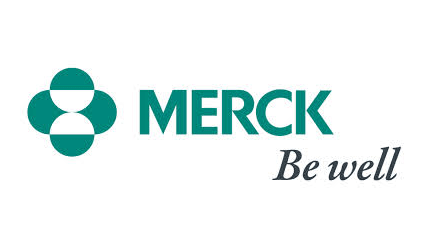
FDA Grants Merck’s Melanoma Drug Accelerated Approval
The FDA granted Merck’s new melanoma drug Keytruda accelerated approval and orphan drug status after a clinical trial indicated improved efficacy.
The approval status will allow doctors to prescribe Keytruda (pembrolizumab) to patients with advanced melanoma who’ve stopped responding to other therapies while Merck conducts confirmatory clinical trials, the FDA said. Phase 2 and 3 clinical studies are currently ongoing and Merck plans to make Keytruda available soon, the company said.
Although improvement in survival or symptoms has not yet been established, the FDA pointed to a clinical trial of 173 participants that showed roughly one in four patients had their tumors shrink. The effect lasted at least 1.4 to 8.5 months, and for most continued even after the trial ended at 8.5 months.
A separate safety trial of 411 participants with advanced melanoma showed side effects that included fatigue, cough, nausea, rash, constipation, joint pain and diarrhea, the FDA said. Keytruda also showed potential for severe immune-related side effects involving healthy organs such as the lung, colon and liver.
The FDA granted Keytruda priority review on the promise that it may represent a significant improvement over existing drugs. It’s the first therapy approved by the FDA to block the programmed death receptors (PD-1) cellular pathway that restricts the immune system’s ability to attack melanoma cells.
The Melanoma Research Foundation called the findings the most promising patient response seen so far in a treatment for the disease. Several other companies such as Bristol-Myers Squibb and AstraZeneca also are working on PD-1 treatments, foundation Executive Director Tim Turnham added.
Six drugs have been approved since 2011 to treat melanoma, FDA Office of Hematology and Oncology Products Director Richard Pazdur said. The therapies are a result of promising advances in treating the disease, he added, which is diagnosed in 76,100 Americans each year. — Bryan Koenig
Originally appeared in Drug Industry Daily, the pharmaceutical industry’s number one source for regulatory news and information. Click here for more information.
